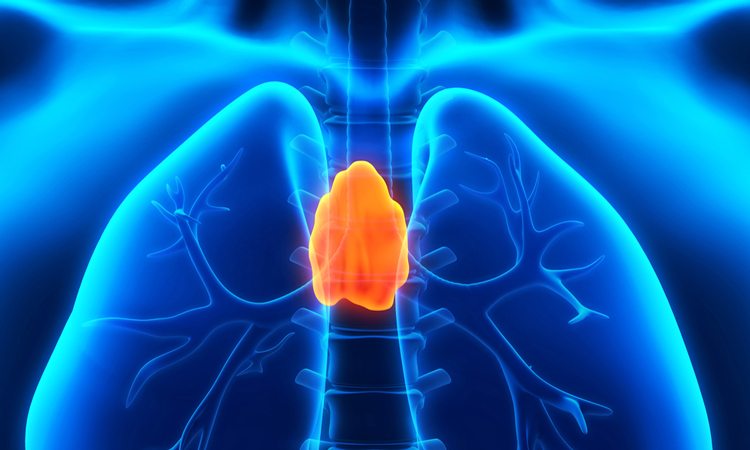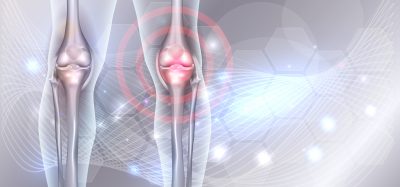New TEC organoid model to study thymus function
Posted: 30 April 2024 | Drug Target Review | No comments yet
The new organoids demonstrate a greater diversity of TECs in culture and are capable of maturing T cells.


Scientists at the Organoid group have developed a new organoid model derived from thymic epithelial cells (TECs) that can be used to study the thymus. This is the first laboratory model that enables long-term culture of TECs, presenting new opportunities to study their function.
First author Dr Sangho Lim stated the advantage of these organoids compared to previous systems: “Before, it was not possible to keep TECs alive in culture for long. This made it difficult to study them and to do experiments. Our TEC organoids can be kept in culture for over two years, so that allows for long-term experiments.”
In comparison to other culture systems, the organoids are an improved representation of the diversity of TECs in the body. Two different subtypes of TECs exist, cortical and medullar, depending on where in the thymus they are found. These subtypes have specific functions in training T cells. Dr Lim commented: “By adding a different cocktail of molecules to the organoids, we can direct the cells to specialise into the cortical and medullar subtypes. Before, it was difficult to get this diversity of TECs in culture.”
The team confirmed that the TECs in the organoids were capable of training T cells. “We first mixed the organoids together with immature T cells in culture. We then followed their maturation by looking at the molecules CD4 and CD8 on the outside of the cells. In the body, immature T cells acquire and lose these molecules in a specific order during their development. This corresponded nicely with what happened in our culture plates,” explained Dr Lim.
Similar findings in mice born without a thymus were obtained. Dr Lim said: “These mice have very low numbers of mature T cells in the blood, because they have no thymus to train them. When we transplanted our TEC organoids under their skin, we saw a very clear increase of the amount of mature T cells in their blood.” Therefore, this indicates that the TEC organoids could function like the missing thymus by stimulating T cells to mature.
From a clinical perspective, this discovery is particularly relevant for patients with impaired thymus function, a condition that can be due to cancer treatments or neonatal heart surgeries. “In the future, we might be able to explore transplantation of TEC organoids as a treatment strategy to restore thymus function. But a lot of work still needs to be done before we get there,” Dr Lim said.
This study was published in Cell Reports.
Related conditions
Cancer, neonatal heart surgery
Related organisations
The Organoid Group (Hubrecht Institute)
Related people
Dr Sangho Lim (The Organoid Group)








